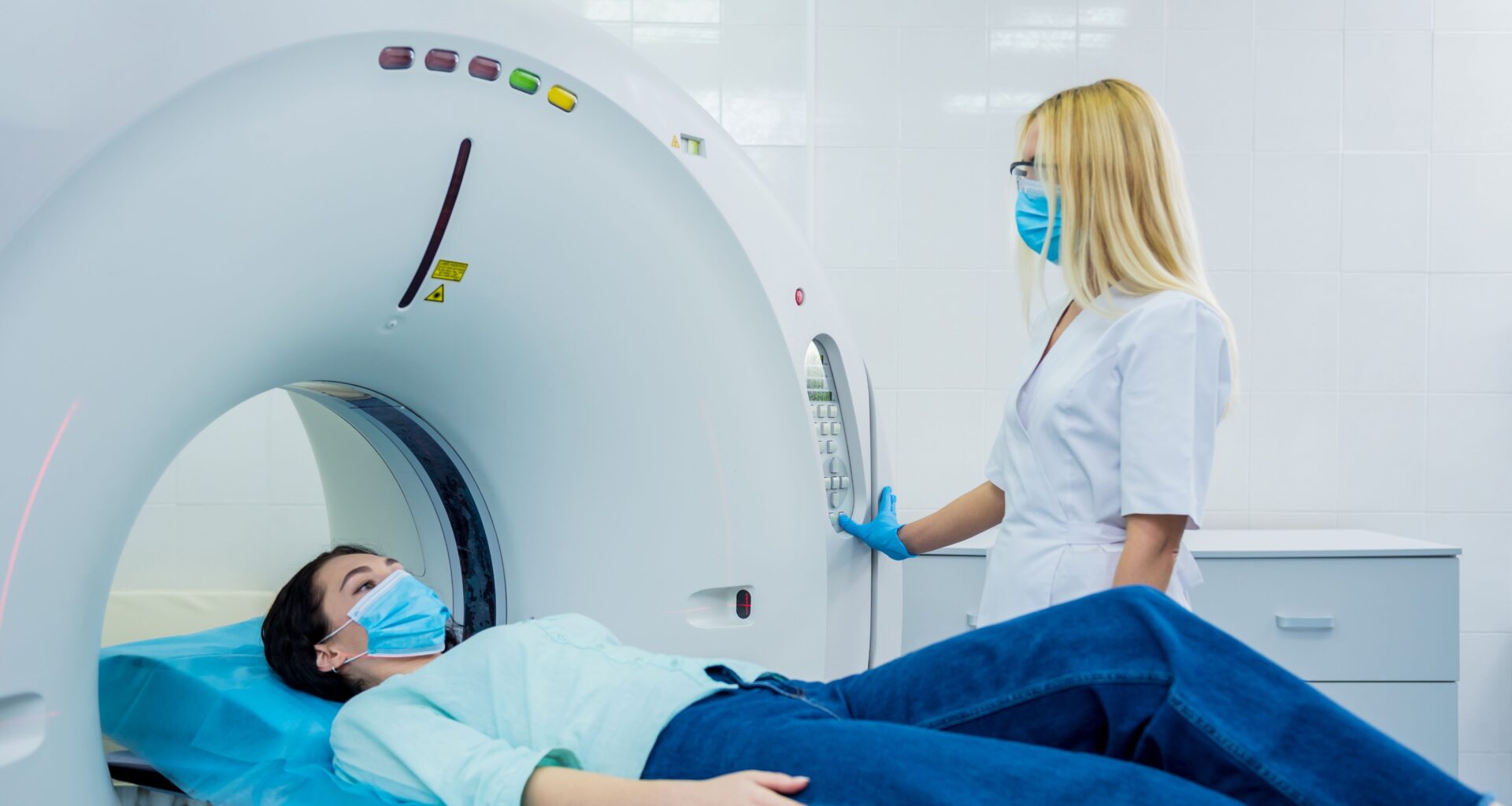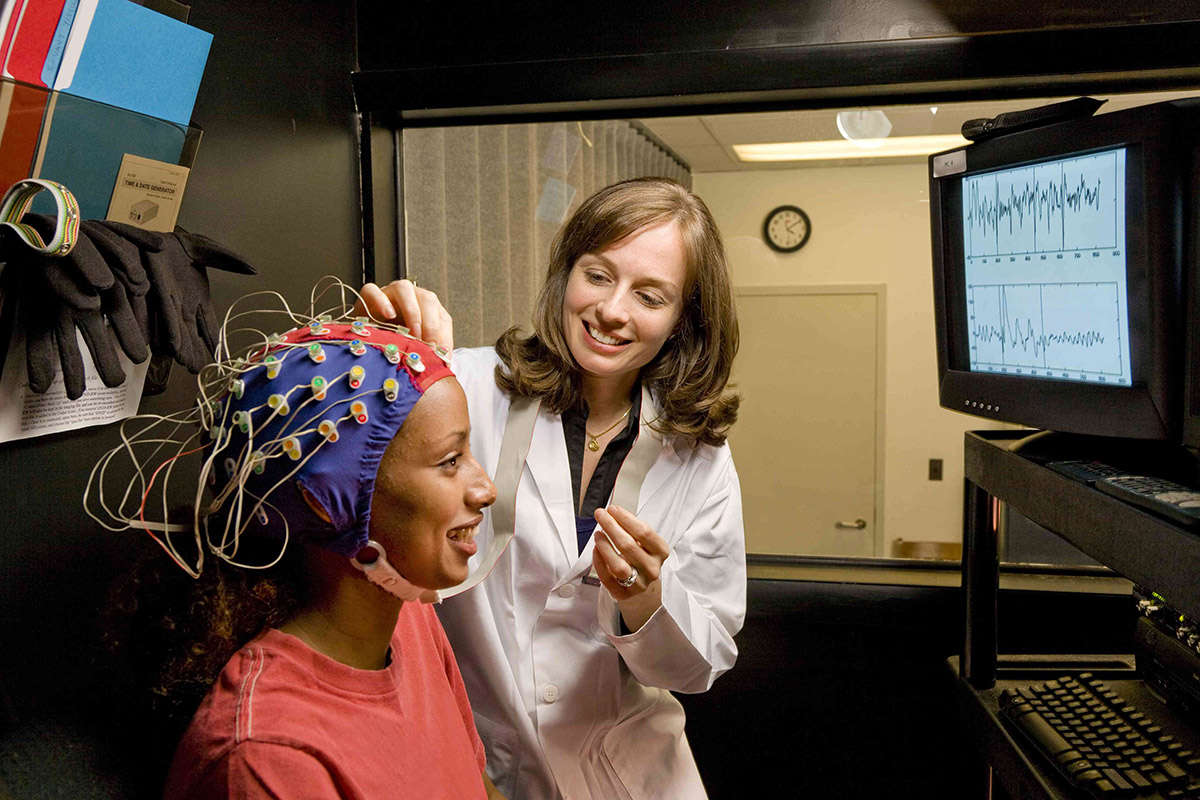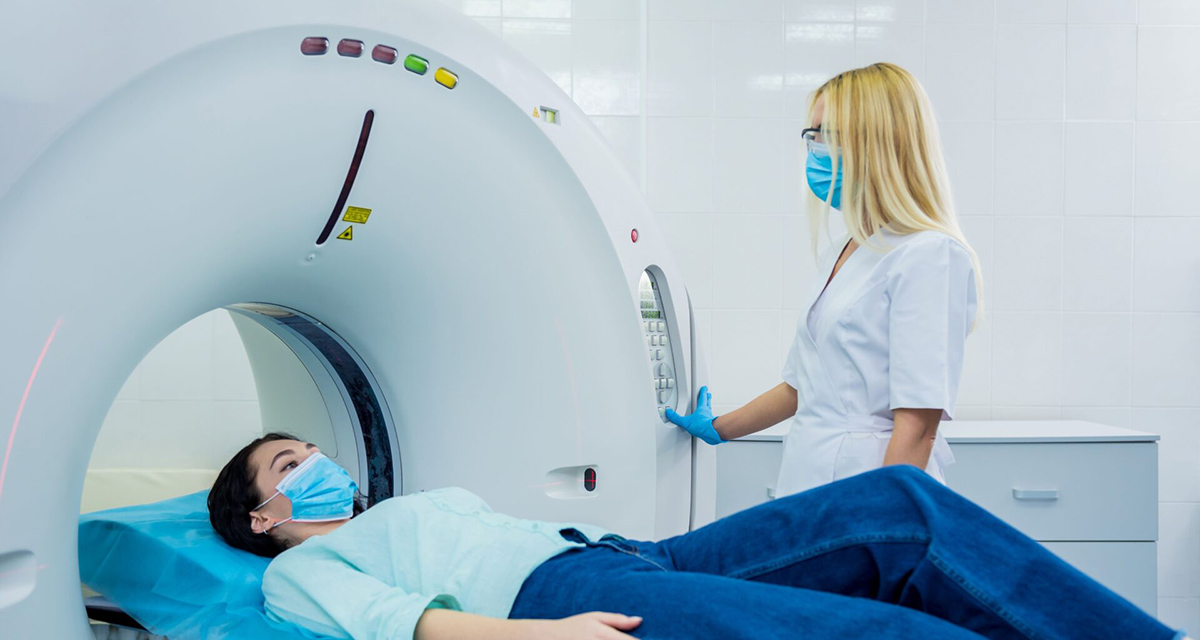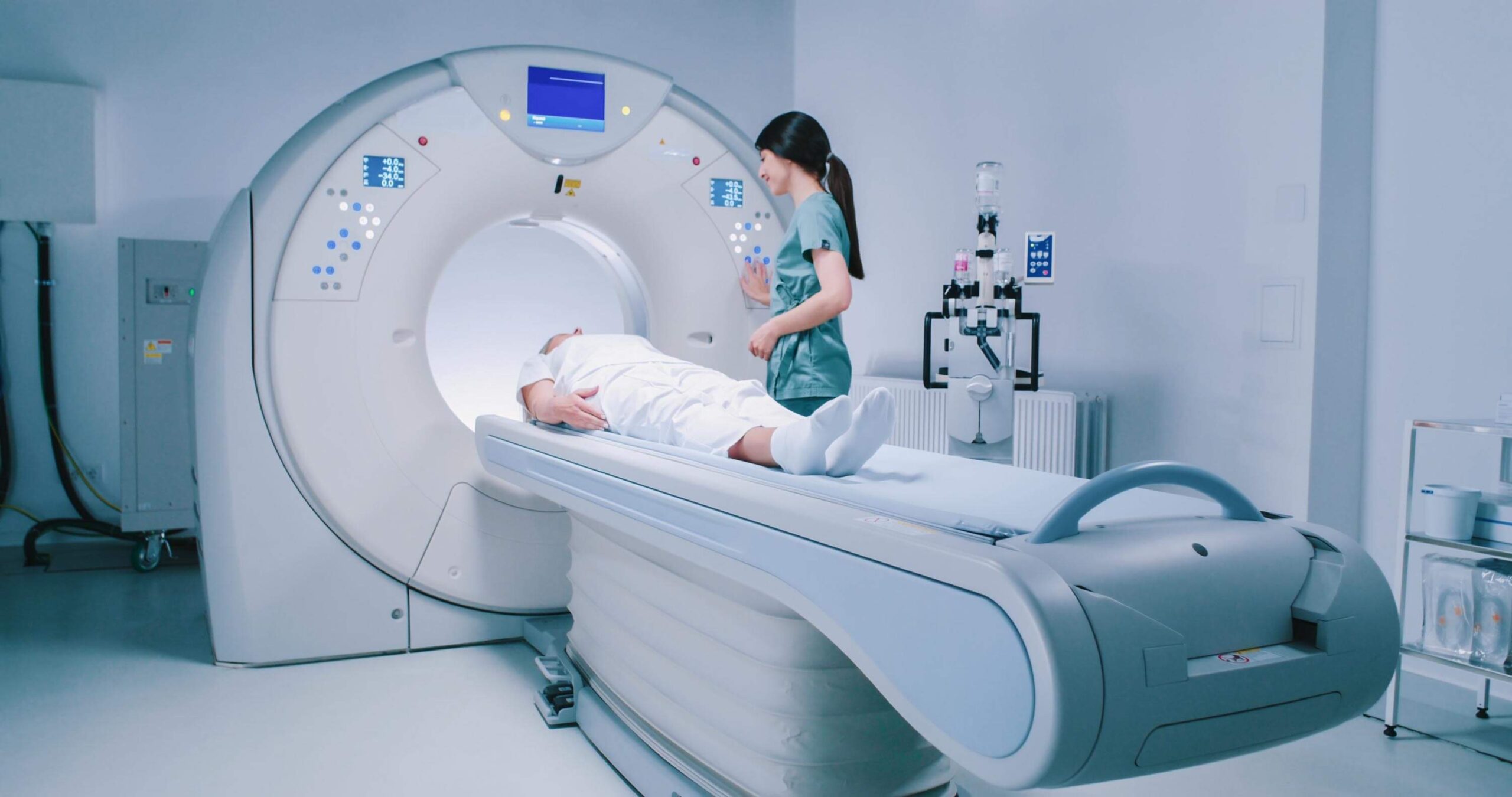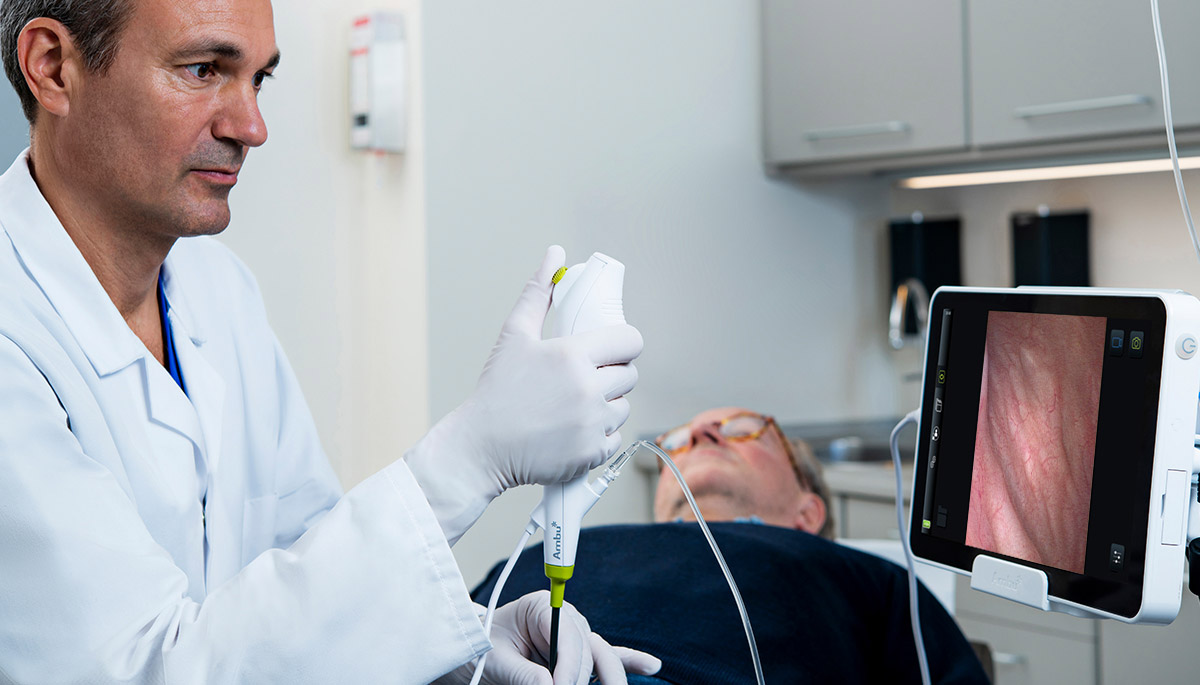Home>Finance>How Much Does A Dexa Scan Cost Without Insurance?


Finance
How Much Does A Dexa Scan Cost Without Insurance?
Published: November 20, 2023
Find out the cost of a Dexa scan without insurance, and explore financial options to help cover the expenses.
(Many of the links in this article redirect to a specific reviewed product. Your purchase of these products through affiliate links helps to generate commission for LiveWell, at no extra cost. Learn more)
Table of Contents
Introduction
If you have concerns about bone health and want to track your bone density, your healthcare provider may recommend undergoing a Dexa scan. A Dexa scan, also known as dual-energy x-ray absorptiometry, is a non-invasive and painless procedure that measures your bone mineral density (BMD) to assess the risk of osteoporosis and other bone-related conditions.
However, one common question that arises when considering a Dexa scan is the cost associated with the procedure, especially if you do not have insurance coverage. Understanding the cost of a Dexa scan without insurance is crucial in making informed decisions about your healthcare expenses.
In this article, we will delve into the factors that influence Dexa scan costs, explore average prices, highlight low-cost options, and provide information on payment assistance programs that can help alleviate some of the financial burden.
Before we delve further, it’s important to note that the cost of Dexa scans can vary significantly depending on various factors. These factors include the specific clinic or hospital you visit, your geographical location, and the level of expertise of the radiology center.
Now, let’s explore the ins and outs of Dexa scan costs without insurance and discover potential options to make this diagnostic procedure more affordable and accessible.
Understanding Dexa Scans
A Dexa scan is a diagnostic imaging technique that uses low-dose x-rays to measure the density of your bones. It is considered the gold standard for assessing bone health and is often used to diagnose and monitor conditions such as osteoporosis and osteopenia.
During the Dexa scan, you will lie on a table while a scanner arm passes over your body, emitting small amounts of radiation. The scan typically focuses on your spine, hip, or forearm, as these are the most common sites for osteoporosis-related fractures.
The results of a Dexa scan are usually presented in two measurements: T-score and Z-score. The T-score compares your bone density to that of a healthy young adult of the same sex, while the Z-score compares your bone density to that of individuals in your age group. A T-score of -1 or above is considered normal, while a T-score between -1 and -2.5 indicates osteopenia, and a T-score below -2.5 indicates osteoporosis.
Understanding the results of your Dexa scan is essential in determining your risk of developing fractures and whether you may benefit from preventive measures or treatment options. Your healthcare provider will use this information to guide your treatment plan and provide recommendations for improving your bone health.
It’s important to note that Dexa scans are typically recommended for individuals at higher risk of developing osteoporosis or those who have already experienced fractures. Risk factors for osteoporosis include advanced age, female gender, a family history of fractures, low body weight, smoking, excessive alcohol consumption, certain medical conditions, and prolonged use of certain medications.
Now that we have a clear understanding of what Dexa scans entail, let’s explore the factors that can influence the cost of this diagnostic procedure when insurance coverage is not available.
Factors Affecting Dexa Scan Costs
Several factors can influence the cost of a Dexa scan without insurance. Understanding these factors can help you anticipate and navigate the potential expenses associated with this diagnostic procedure.
1. Location: The geographic location of the clinic or hospital where you undergo the Dexa scan can significantly impact the cost. Prices can vary between different cities and regions.
2. Facility Type: The type of facility you choose for your Dexa scan can also affect the cost. Generally, hospital-based imaging centers tend to have higher prices compared to independent radiology centers or clinics.
3. Diagnostic Center Reputation: The reputation and expertise of the diagnostic center can influence the cost of a Dexa scan. Centers known for their high-quality equipment, skilled radiologists, and comprehensive reporting may charge higher fees.
4. Additional Services: Some clinics may offer additional services alongside the Dexa scan, such as consultation with a specialist or a comprehensive bone health assessment. These additional services may come at an additional cost.
5. Insurance Coverage: While this section focuses on Dexa scans without insurance, it’s worth noting that insurance coverage can significantly impact the out-of-pocket expenses for this procedure. If you do have insurance, the cost will depend on your specific plan’s coverage and deductibles.
It’s essential to contact the diagnostic centers in your area, inquire about their Dexa scan prices, and compare the costs to make an informed decision.
In the next section, we will discuss the average cost of Dexa scans without insurance to give you a general idea of what to expect.
Average Cost of Dexa Scans without Insurance
The cost of a Dexa scan without insurance can vary depending on several factors, as mentioned earlier. However, to provide you with a general idea of the potential expenses, we can discuss the average costs associated with this diagnostic procedure.
On average, the cost of a Dexa scan without insurance ranges from $100 to $300. This price typically includes the scan itself, the interpretation of the results by a radiologist, and the report provided to your healthcare provider.
However, it’s important to note that these prices are approximate and can vary based on the aforementioned factors, such as geographic location and facility type. Dexa scans performed at hospital-based imaging centers may be towards the higher end of the price range, while independent radiology centers or clinics may offer more competitive rates.
Additionally, it’s worth considering any potential additional costs that may arise. Some clinics may charge extra fees for consultation with a specialist, follow-up appointments, or additional imaging if necessary. It’s crucial to inquire about these potential add-on costs when discussing the price of a Dexa scan.
While the cost of a Dexa scan without insurance may seem substantial, it’s important to weigh the potential benefits against the financial investment. Regular Dexa scanning can help detect and monitor changes in bone density, allowing for early intervention and preventive measures to maintain healthy bones.
However, if the cost of a Dexa scan without insurance is a concern for you, there are low-cost options and payment assistance programs that may help make this procedure more affordable. We will explore these options in the following sections.
Low-cost Options for Dexa Scans
If you are looking for low-cost options for Dexa scans without insurance, there are a few avenues you can explore to minimize the financial burden.
1. Community Health Centers: Local community health centers or clinics often offer medical services at reduced rates or on a sliding scale based on income. Contact these centers in your area to inquire about their Dexa scan services and any potential cost assistance programs they may offer.
2. Imaging Centers and Radiology Clinics: Independent radiology centers and clinics may offer more competitive prices for Dexa scans compared to hospital-based imaging centers. Research and compare prices from different facilities in your area to find the most affordable option.
3. Research Studies or Clinical Trials: Some research studies or clinical trials related to bone health may offer free or discounted Dexa scans for eligible participants. Explore local research institutions or contact clinical trial coordinators to inquire about any ongoing studies.
4. Healthcare Discount Programs: There are various healthcare discount programs available that offer reduced rates for a wide range of medical services, including imaging procedures like Dexa scans. These programs typically require a membership fee but can help significantly reduce the cost of the scan.
5. Negotiation and Payment Plans: Do not hesitate to discuss your financial situation with the diagnostic center or clinic. They may be willing to negotiate a lower price or offer a payment plan that spreads out the cost of the Dexa scan over a period of time.
Remember to inquire about any available discounts or financial assistance programs when contacting these facilities. It’s also a good idea to discuss your situation with your healthcare provider, as they may be able to provide guidance or refer you to more affordable options.
Now that we have explored low-cost options for Dexa scans, let’s move on to discussing payment assistance programs that can further help alleviate the financial burden.
Payment Assistance Programs for Dexa Scans
If you are unable to afford the full cost of a Dexa scan without insurance, there are payment assistance programs available that can help make the procedure more affordable. These programs are designed to provide financial support to individuals in need. Here are some options to consider:
1. Government Assistance Programs: In some countries, government programs exist to assist individuals with healthcare-related expenses. These programs may offer financial assistance or subsidies specifically for diagnostic imaging procedures like Dexa scans. Research government healthcare programs in your country to determine if you qualify for any assistance.
2. Nonprofit Organizations: There are nonprofit organizations that provide financial assistance for various medical expenses, including diagnostic procedures. These organizations may offer grants or financial aid specifically for Dexa scans. Look for local or national nonprofits focused on healthcare support and inquire about their assistance programs.
3. Hospital Financial Assistance Programs: Hospital financial assistance programs are designed to help individuals who are unable to afford medical services. These programs often provide discounts or payment plans based on your income and financial situation. Reach out to the financial assistance office at your local hospital to inquire about such programs.
4. Patient Assistance Programs (PAPs): Some pharmaceutical companies and medical device manufacturers offer patient assistance programs that can help offset the cost of diagnostic procedures. These programs are typically designed for individuals who require specific medications or treatments related to bone health. Check the websites of relevant pharmaceutical companies or contact them directly to inquire about any available assistance programs.
5. Health Savings Accounts (HSAs) and Flexible Spending Accounts (FSAs): If you have an HSA or FSA through your employer, you can use these accounts to pay for qualified medical expenses, including Dexa scans. These accounts allow you to set aside pre-tax dollars specifically for healthcare expenses, providing a way to save money on the cost of the procedure.
Remember to thoroughly research and inquire about the eligibility criteria, application processes, and deadlines for these payment assistance programs. It’s also beneficial to reach out to your healthcare provider or the diagnostic facility for guidance and support in navigating these options.
Now that we have explored various payment assistance programs, let’s summarize the key points discussed in this article.
Conclusion
Obtaining a Dexa scan without insurance coverage may seem daunting, but there are options available to make it more affordable. Understanding the factors that affect Dexa scan costs, such as location and facility type, can help you anticipate and navigate potential expenses. The average cost of a Dexa scan without insurance ranges from $100 to $300, but prices can vary.
Exploring low-cost options, such as community health centers, independent imaging centers, and research studies, can help minimize the financial burden. Additionally, payment assistance programs, including government assistance programs, nonprofit organizations, hospital financial assistance, patient assistance programs, and utilizing health savings accounts or flexible spending accounts, can provide further financial support.
If you are considering a Dexa scan without insurance, it is crucial to research and compare prices, discuss your situation with healthcare providers and diagnostic facilities, and inquire about any available discounts or financial assistance programs. By being proactive and exploring these options, you can make informed decisions regarding your bone health without sacrificing your financial well-being.
Remember, the cost of a Dexa scan is an investment in your health and allows for early detection and management of bone-related conditions. Prioritizing your bone health and seeking affordable options will contribute to your overall well-being and help you maintain strong and healthy bones for years to come.
